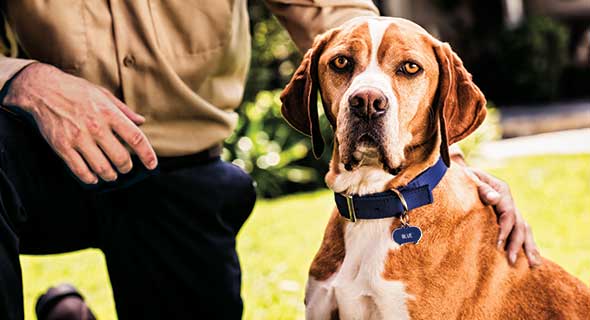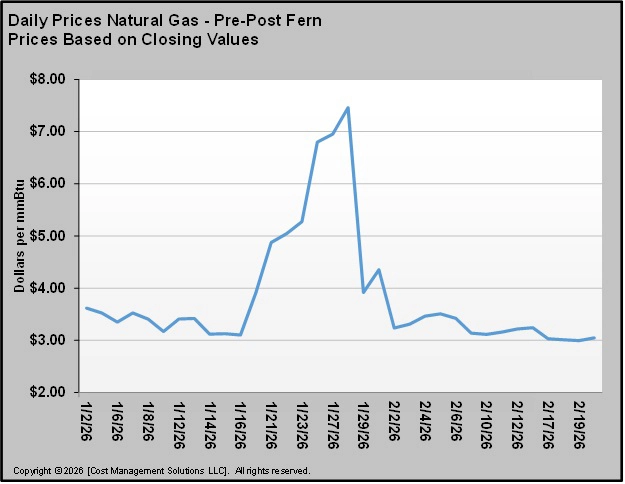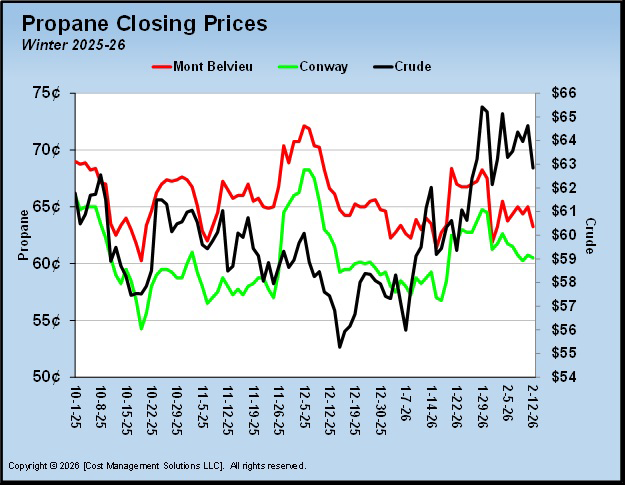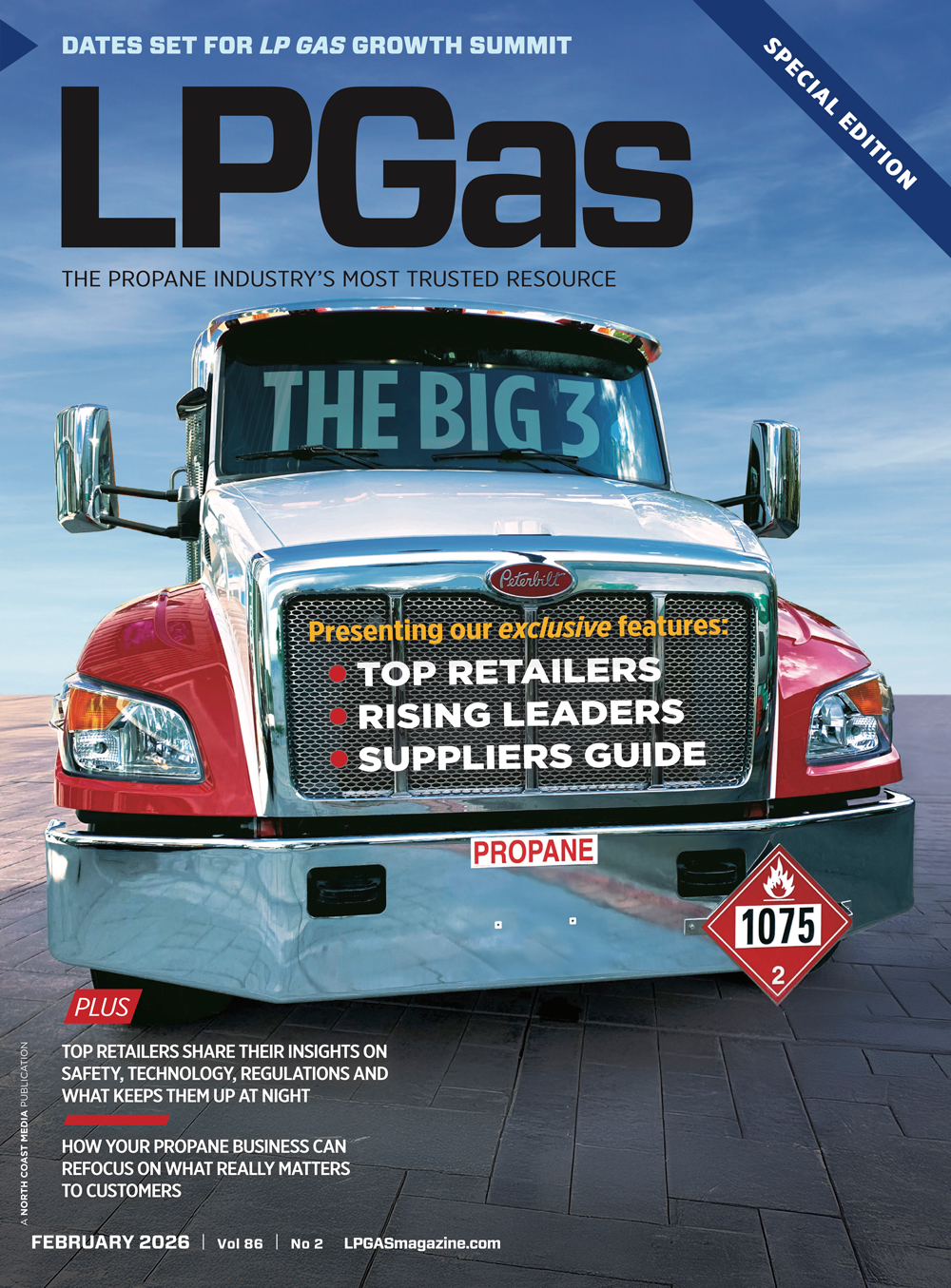The power of pets as digital influencers

The face of the Propane Education & Research Council’s (PERC) new consumer education campaign is a dog named Blue. Photo courtesy of PERC.
There’s a reason Grumpy Cat became an instant online celebrity. He’s quirky yet simple, ugly yet cute and funny yet mean… all at the same time.
People love pets, and the numbers don’t lie. According to an article on NBCNews.com, Americans were projected to spend more than $60 billion on their pets in 2015.
There’s no denying that large-scale companies that are integrating pets into their digital strategies are a step ahead of the game. Why? Because pets create emotional connections. They make people laugh and smile. They give your company that hard-to-come-by extra “follow” or “like.”
“People have this innate perception that pets generate these warm, happy, fuzzy feelings,” says Loni Edwards, owner of Chloe, a mini Frenchie who’s also an Internet sensation (seriously, Google “Mini Frenchie” and her Instagram page is one of the first results), in a Digiday article. “Brands are starting to reach out because they make people genuinely happy, and they want their ads to make people happy.”
The Propane Education & Research Council (PERC), a check-off program established by the propane industry that leads safety and training efforts among propane retailers and drives technology development, has embraced the concept of pet influencers: The face of its newest campaign is Blue, a Portuguese pointer.
“We brought these advertising concepts to focus groups, to propane customers around the country,” says Roy Willis, president and CEO of PERC. “The one thing I discovered is, they love dogs. In fact, most of our customer base seems to have two or three dogs per household. They were very interested in the concept, and some of them were saying, ‘I want to know what Blue is going to do next, so I might even follow him on Facebook.’”
“It’s [the campaign] designed to raise familiarity and favorability among propane customers and prospective customers,” says Gregg Walker, director of communications for PERC. “It’s going to feature a lovable character named Blue, who we think is going to create a real emotional connection between propane customers and the fuel that we sell.”
Companies like FedEx, Facebook and Uber have also integrated pets into their social media strategies. Uber even went so far as to partner with animal shelters in 10 U.S. cities in connection with the Puppy Bowl to deliver puppies to interested parties.
Tag your friends who know how to give a world-class chin scratch. A photo posted by Facebook (@facebook) on
And this emotional connection is one that businesses, whether B2C or B2B, are embracing.
“Brands aren’t making pets famous – it’s the other way around,” says Jill Sherman, senior vice president of social strategy at DigitasLBi, in the Digiday article. “And with the pressure to create a constant stream of new and interesting content, brands are searching for influence and reach in all forms.”
The digital world is changing, and pets are playing a crucial role in the revolution.
And luckily for us, we’re certain to see more of it.
















